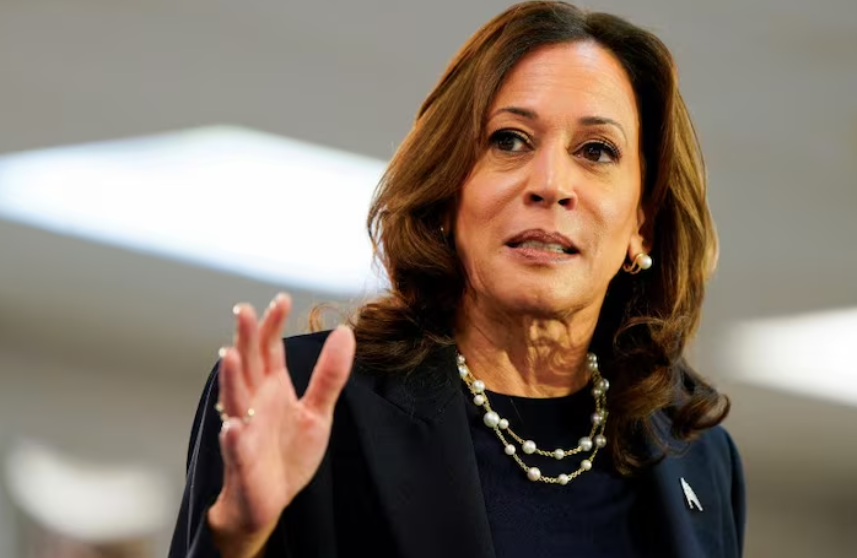Vice President Kamala Harris has come under intense scrutiny as she continues her efforts to address the complex migration crisis at the U.S.-Mexico border.
Appointed by President Joe Biden to manage the response to increasing border crossings, Harris chose a long-term strategy focused on addressing the root causes of migration from Central America’s Northern Triangle countries: El Salvador, Honduras, and Guatemala.
Since taking on this role in March 2021, Harris has prioritized boosting private investment in these regions to stimulate economic development and create job opportunities.
Her approach aims to reduce migration by improving local conditions rather than immediate border security measures. This strategy, however, has drawn criticism from various quarters.
Critics argue that Harris’ focus on long-term investments and regional economic development does not address the immediate needs of the U.S. border, where migration from other regions surged. Republicans have leveraged this situation to critique her performance, suggesting that her efforts have not substantially mitigated the crisis at the border.
Harris’ approach has involved leveraging her position to secure commitments from multinational companies and non-profits to invest in the Northern Triangle.
This initiative has led to over $5.2 billion in promised investments, with nearly $1.3 billion already deployed in the region as of June 2024.
Proponents argue that her strategy represents a novel approach to addressing migration and reflects a commitment to systemic change.
However, some experts are skeptical of the effectiveness of this strategy in the short term. Critics point out that economic development initiatives often take years to impact migration patterns, and regional factors, such as political changes and crime reduction efforts, may play a more significant role.
The debate around Harris’ approach highlights the broader challenges faced by the Biden administration in managing immigration policy. While Harris’ efforts are designed to address the root causes of migration, immediate border security concerns remain a contentious issue, with significant political ramifications.
As Harris continues her work, the effectiveness of her long-term strategy will be closely monitored, and its impact on both migration patterns and U.S. border security will be a key factor in the ongoing political discourse.

